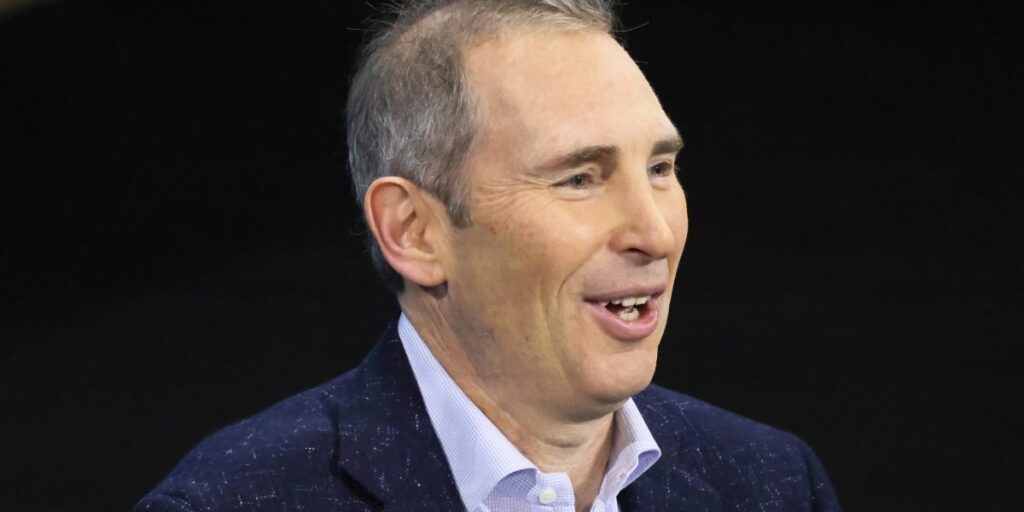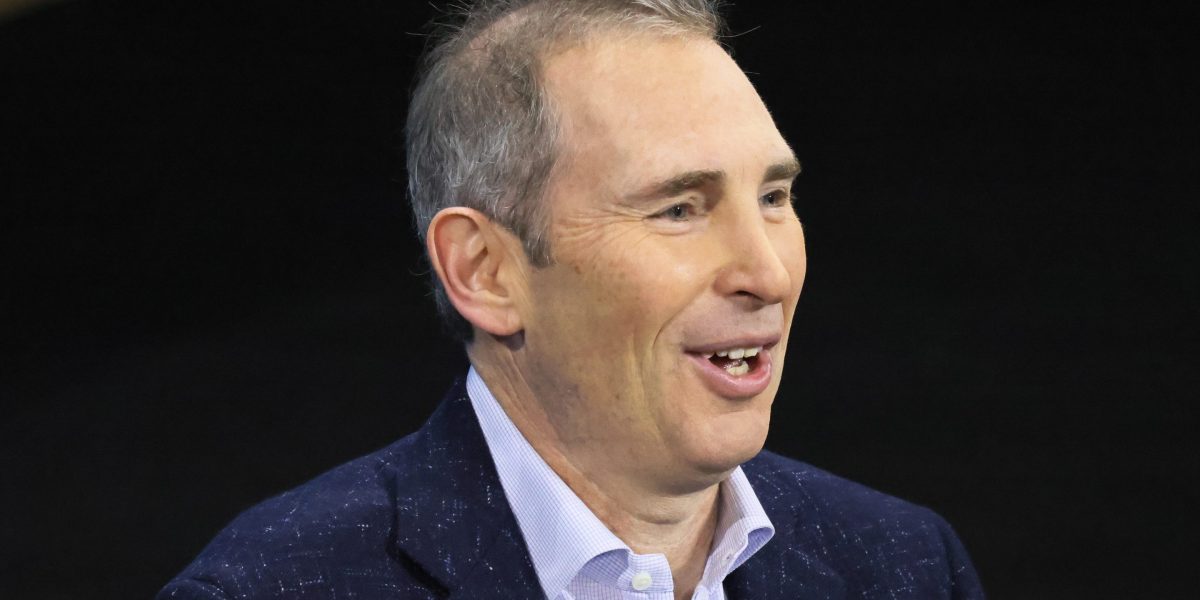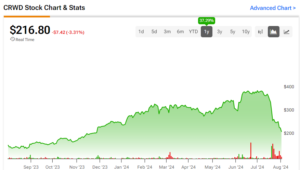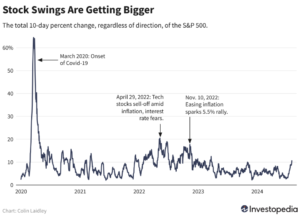Shoppers hate retailers’ anti-theft measures—and Amazon is reaping the rewards
Consumers say they would rather shop online than deal with locked-up shelves in stores.


As retailers crack down on in-store theft, Amazon has emerged an unlikely victor. Tired of navigating locked-up cases filled with essentials, shoppers are looking for ease—and finding it on Amazon, CEO Andy Jassy said.
“It’s a pretty tough experience with how much is locked behind cabinets, where you have to press a button to get somebody to come out and open the cabinets for you, and a lot of shop lifting going on in the stores,” he said during the company’s earnings call late Thursday. “So the combination of what’s happening in the physical world and how much improved we’ve made our [expanded Amazon Pharmacy] experience is driving a lot of customer resonance and buying behavior.”
Jassy did not provide sales data for the company’s pharmacy platform but said there’s “a lot of growth there.” Amazon didn’t immediately respond to a request for comment.
Though Amazon Pharmacy is a small slice of the company’s online platform, the comments highlight Amazon’s effort’s to decrease friction—implementing technologies to make shopping easier while simultaneously mitigating retail shrink, or inventory loss—amid growing frustration over anti-theft measures.
Anti-theft technologies have already dissuaded consumers from shopping at certain retailers. Joe Budano, CEO of anti-theft technology company Indyme, told Axios that frustration with locked-up goods and other shoplifting deterrents can lead to sales decreases of 15% to 25%.
The increase in anti-theft measures has emerged along with grievances from retail CEOs on the prevalence of shoplifting, which they said could lead to store closures and higher prices. Walmart CEO Doug McMillon said in December 2022, “Theft is an issue. It’s higher than what it has historically been.”
Ironically, some of the products stolen from brick-and-mortar retailers have found their way to online platforms like Amazon for resale. Amazon said in a June blog post it’s invested in and “leverages sophisticated detection and prevention solutions across our stores” to combat the sale of stolen items.
Feeding consumer resentment
As retailers introduce additional technology to reduce retail theft, experts are conflicted on the actual scope of the problem. Data about the prevalence and impact of retail theft is mixed: The Council on Criminal Justice’s 2023 shoplifting report, which used data from the first half of the year, found that shoplifting surged 16% from the first half of 2019.
Yet shoplifting was down in 17 of 24 U.S. cities where data was collected. And after New York was removed as an outlier, rates in the first half of 2023 were lower than the same period in 2019. It’s led retail experts to say that the threat of shoplifting to retailers’ bottom lines has been blown out of proportion.
Instead, trying to prevent shoplifting has become its own threat to retailers. Neil Saunders, managing director of retail at GlobalData, told Bloomberg that as long as retailers continue the practice of locking up items, it jeopardizes an advantage of brick-and-mortar stores, namely their ability to help develop closer relationships with consumers.
For the consumer, it means retail therapy has turned into a retail nightmare. Some shoppers have been outspoken about not only the scope of the problem in their own shopping experiences, but also about how it’s driven to them online shopping instead.
“I recognize there is a reason why those things have been put in place, but it just makes me not want to patronize that store,” a Philadelphia business owner, who visits stores in-person to compare products, told the Inquirer. “If I’m going to lose that experience anyway, I’m just going to shop online.”
One Los Angeles Target shopper recalled waiting 15 minutes for a store worker to unlock a shelf case. She’s increasingly looked for essentials on Amazon.
“Rather than go to Target and wait,” she told the Los Angeles Times, “I’ll just give Daddy Bezos my hard-earned cash.”
Target didn’t immediately respond to a request for comment.








